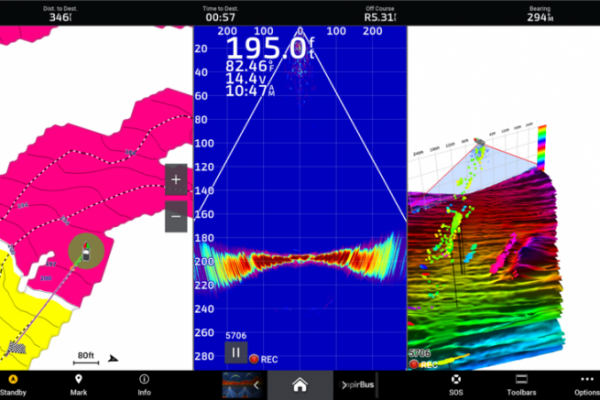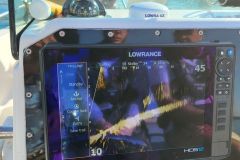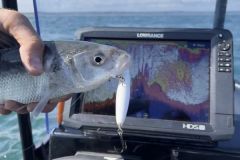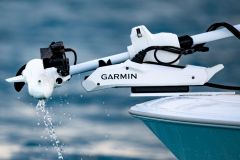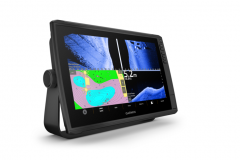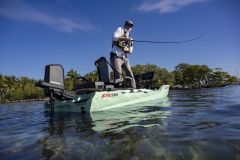Material fairness
It can be easy to criticize live-fishing and find it anti-competitive when you're not equipped. However, although it's a big investment, the choice of equipment has always been up to the individual angler and competitor. The same was true when the first fishfinders appeared.
Although the Live gives a considerable advantage in most waters, having one is no guarantee of first place. The majority of major competitors are now equipped with them, and rankings often remain unchanged from previous years. So you can't tell a competitor that he's not entitled to take advantage of the latest technologies created by his sponsors. A beautiful boat is just as beneficial to fishing as an expensive reel or depth sounder.
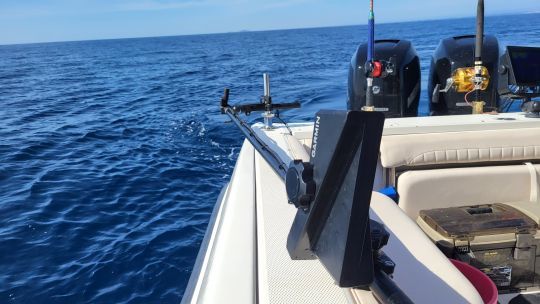
How to use it
It's obvious that most anglers can't afford to buy a Live sounder and transducer package costing over 4,000 euros. However, some have already taken the plunge and don't always get fantastic results. In fact, some waters and rivers are unsuitable, especially if fish behavior is not pelagic.
Live-fishing also requires a good knowledge of fish behaviour, knowing when to speed up, slow down or pause in the animation. This technique also requires great precision in casting, as passing within 3 meters of a fish has very little chance of making it move. The choice of lures is also important: they must be visible to the probe, which requires good density. We therefore mainly use large soft lures with big lead heads, especially to quickly get down to the depth where the fish is located.
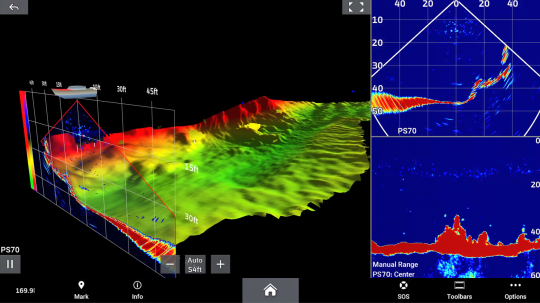
In conclusion
There are several reasons why it would be a pity to ban Livefishing in competition. Firstly, technology is evolving and anglers need to adapt to become increasingly efficient.
Although the early days of Live offer plenty of fish, it's obvious that they will quickly become educated and run away from the waves passing through them. This phenomenon has already been observed with conventional sounders and electric motors, notably on catfish in the Rhône and pike-perch in the Netherlands. Some competitions have already banned their use, but this obviously creates tensions with electronics manufacturers. The most obvious solution is to leave a period of the day free for competitors to fish with Live, but this requires close supervision by a steward for the duration of the competition.


 /
/ 